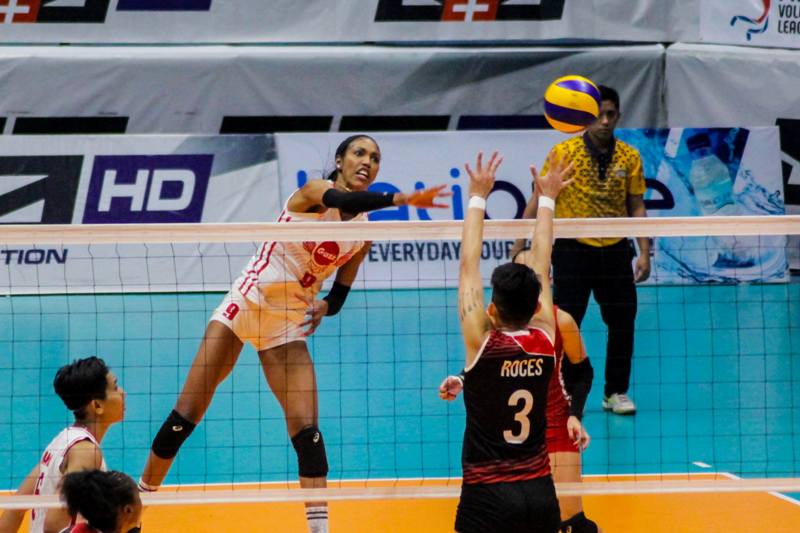FOR decades, the Philippine government had to deal with the problem of Moro insurgency in Mindanao. An Autonomous Region of Muslim Mindanao (ARMM) was established during the Cory Aquino administration in 1989, with Nur Misuari of the Moro National Liberation Front (MNLF) leading the autonomous government.
Moro insurgency, however, continued even after the ARMM was set up, this time led by the Moro Islamic Liberation Front (MILF). The national government, under the Benigno Aquino III administration, negotiated with the MILF and decided to set up a new Bangsamoro region to replace the ARMM, which President Aquino called a “failed experiment.” Upon his election in 2016, President Duterte pushed for the Bangsamoro law in Congress. With the law’s approval, the Bangsamoro Autonomous Region of Muslim Mindanao (BARMM) was set up last March 29, 2019.
The BARMM has now inherited the problem of any Moro insurgent groups that continue to operate in Mindanao. Last Sunday, Interim Chief Minister Murad Ebrahim, who used to lead 12,000 MILF fighting men against the government, appealed to the Abu Sayyaf to lay down its arms and join the BARMM in developing the Muslim homeland.
The Abu Sayyaf is one of the many insurgent groups that have continued to operate in Mindanao, even after the BARMM was set up. Its leader Isnilon Hapilon was killed by the military in 2017 at the end of the fighting in Marawi City. But new leaders have taken over and the Abu Sayyaf is believed responsible for bomb attacks in Indanan, Sulu, last Friday, in which eight were killed and 22 wounded.
For many years, the Abu ayyaf was known for its kidnapping-for-ransom operations, including the hostaging of two Canadians, a Norwegian, and a Filipina on Samal Island near Davao City in 2015. The two Canadians were later beheaded for failure of their families and government to pay ransom, but the Norwegian and Filipina were released in September, 2016, reportedly after payment of ransom.
Upon his election in 2016, President Duterte made the Bangsamoro one of his principal advocacies – to correct, he said, a “historic injustice” to the Moro people. Congress finally approved the Bangsamoro law and today, its leaders are moving forward with the development of the region.
But the MILF has also inherited the old problem posed by armed groups like the Abu Sayyaf and the Bangsamoro Islamic Freedom Fighters. Ebrahim said many young fighters are joining the armed groups out of financial necessity. But he said he believes most of the splinter groups are just frustrated with the government and so, he said, “We are open for dialogue.”
The MILF and the Bangsamoro officials have inherited the old problem of splinter groups operating in defiance of the government. The Bangsamoro is now the government in the region and we trust that it will be able to succeed where the national government had failed, so that together with the other leaders of the other regions of the island, they will finally bring about the “land of promise” that is Mindanao.



